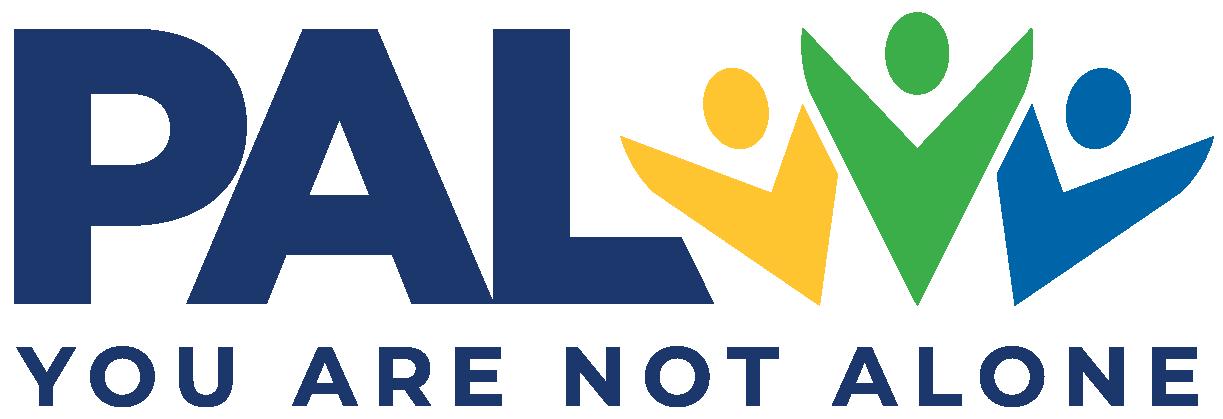Ask your self 
I learned several things reading Stage II Recovery by Ernie Larson. This book was written for those in recovery as they take the next steps to really change their lives. However, I have found it to be very helpful to parents and others who have loved ones dealing with this issue. The following highlights a concept from this book.
Have you ever attempted to change someone? Specifically, your substance using loved one? Did it work? Of course not. We can’t change others. Why? Because the first step of change is conversion, and no one can have another person’s conversion experience.
This is a difficult truth for parents to accept. We are confident that we have the answers and know what needs to be done. After all, we’ve been learning that there is a curriculum for addiction and recovery. If people follow the suggestions of the professionals – people do recover! But then we are reminded once again that while recovery is available to all – not everyone is ready. Hence, you cannot have anyone else’s conversion experience.
So, what is this conversion experience? When did you have that moment of clarity when you took the necessary steps to open your hands and ask for help? Or have you come to that point? In my own life, it came when I decided “enough is enough.” “No more.” From now on, no matter what it takes, things will be different. A working definition might be this: “A conversion experience happens when a person ‘accepts’- which is far deeper than just knowing – that if I do not change, I will lose something or someone I am not prepared to live without.”
The question becomes, how much does a person have to lose before coming to a point of change? That is the mystery. So much of this disease clearly follows a pattern but this piece remains a mystery. A recovering person who coached me early on advised: “You will know it when you see it, and there will be no mistaking that a change has happened.”
I often remind parents that we are running a parallel journey with our loved ones with addiction issues. And since the only person we can control is ourselves then at some point we must have our own conversion experience. Until that happens, the fear of losing our loved one will drive us to continue attempting to control them and the outcome of their lives. Sadly, many of us feel that if we stop doing what we have been doing, our loved one will feel abandoned. It will appear that we have “given up.”
My encouragement to parents when they have these thoughts is this: (tell your loved one these things if appropriate)
- You are never going to “give up” on your loved one. You will always be pulling for them, praying for them and believing that they have everything it takes to beat this problem.
- You are not a professional in the field of addiction and recovery. You do not possess the skills it will take to help your loved one with their actual recovery.
- You are not writing your loved one’s story. You don’t hold that kind of power.
- You will never abandon your child, but your help is going to look different.
- You are giving up control, not giving up on them as a person.
- You’re a good parent, you have done the best that you could with the information that you had.
- You will always be a role model and have influence. Ask yourself, do you want to be a healthy role model, or do you want them to be miserable like you?
- Remember that you send a message with your looks, actions and your words. Think about the message you’re sending before you speak or cast a dismayed look or action. Your message should always be positive and hopeful.
Finally, as parents, in the name of love, we often provide the buffer that prevents our loved ones from experiencing the consequences that might bring about the conversion that we have been talking about. I implore you to not be the person who hinders your loved one’s chances for a better life. For your chances for a better life! Keep learning, keep growing. Keep attending your PAL meetings and seeing your counselor if you need one.
Blessings,
Michelle H.
